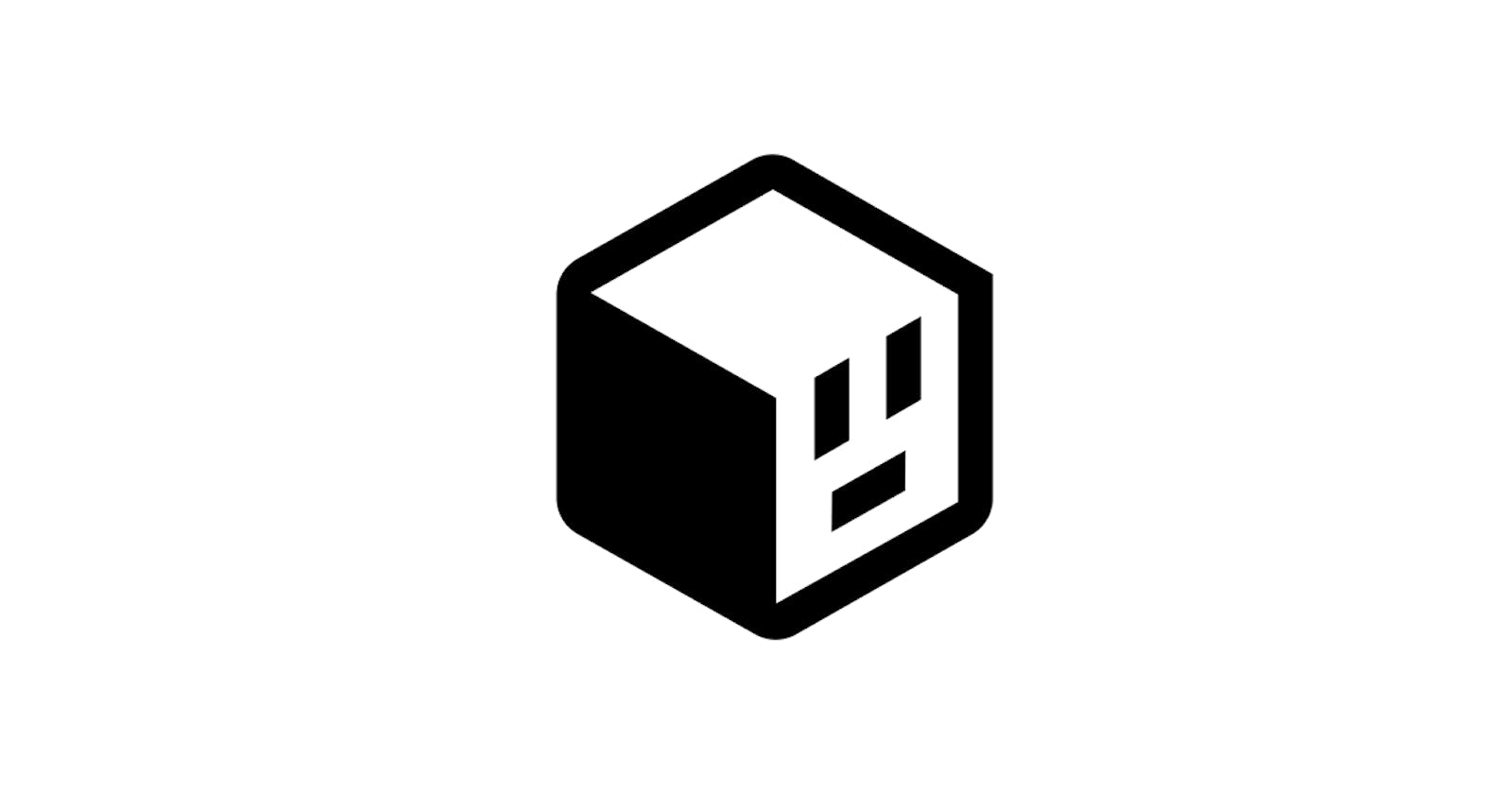Manage all your infrastructures with a chatbot
3 min read

Aspects of Infrastructure management
Managing infrastructures can get difficult, especially when you start to scale out, and use a multi-cloud approach. In every single Kubernetes cluster, you might have multiple different essential services responsible for monitoring, logging, tracing, or some other essential service.
All these different services would have their own separate dashboards, where there are completely different sets of metrics and configurations to look after. This can introduce a lot of context switching, and you might also need to make the same configurations multiple times for different clusters.
Moreover, to configure your Kubernetes cluster, you would need to use the kubectl utility, which may or may not be communicating with the correct cluster. This can lead to configuring the right things, in the wrong cluster, which can be disastrous in certain cases. On top of this, kubectl commands can be long, and difficult to write. You may not always remember the command either.
Botkube
Botkube helps you monitor your Kubernetes cluster, debug critical deployments, and gives recommendations for standard practices by running checks on the Kubernetes resources. It integrates with multiple communication platforms, such as Discord, Slack, or Mattermost. It helps you monitor your clusters, and interact with them as well, all from your chat platform of choice.
Using botkube, you can easily connect it with your Kubernetes monitoring tools and get all the metrics you need in your collaboration platform such as slack. You can receive contextual information including event-specific commands and recommendations, and not only a difficult-to-read, event log.
In case you get an event that you would need to manually act upon, you can simply start interacting with your cluster through botkube. This is especially useful when you are not close to a computer, and have access to only a mobile phone. You can directly execute kubectl or helm commands, directly from the collaborating platform.
Let's say you get a recurring error, and you do not know what is triggering it. You can configure botkube to automatically fetch the logs, and other details whenever the event occurs, and also get information about the creation or deletion of resources. You can also configure it to automatically roll back on failed deployments and upgrades.

Since every single interaction with your cluster is taking place in an environment such as slack, it is easy to collaborate with other team members and fix problems easily and quickly. Botkube also lets you configure access control, so that only authorized people can run commands in your cluster. In case of an event, developers would get access to the cluster to be able to monitor and debug whatever issues might have popped up.
Conclusion
Botkube can help you simply collaborate, monitor, and interact with your cluster from your collaboration platforms itself such as slack or discord. The automation tools present in Botkube help to roll back any failed deployments or upgrades, and also help in gathering logs and other metrics in case of any events.
